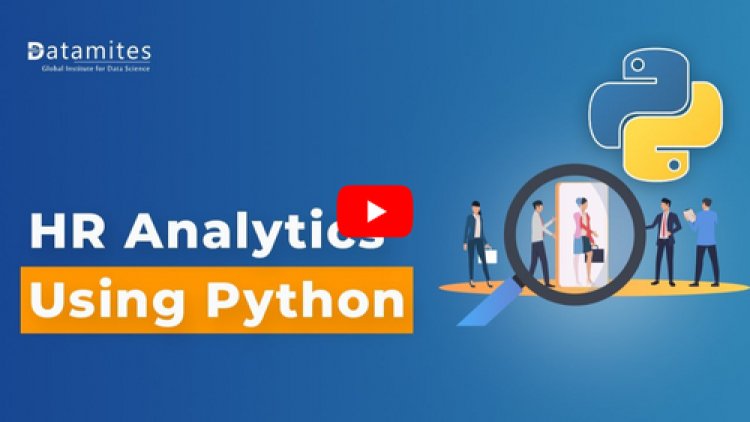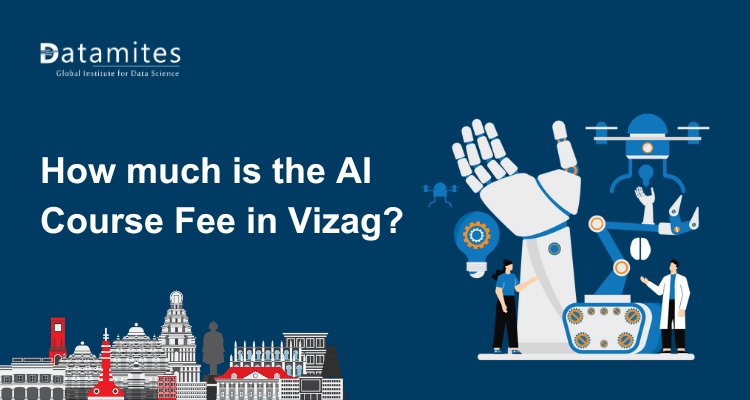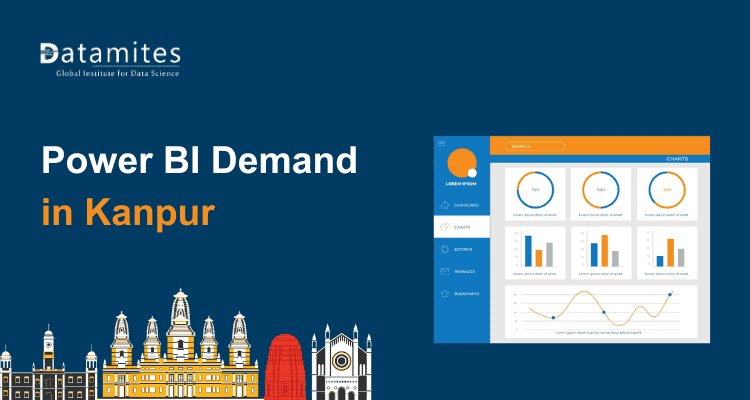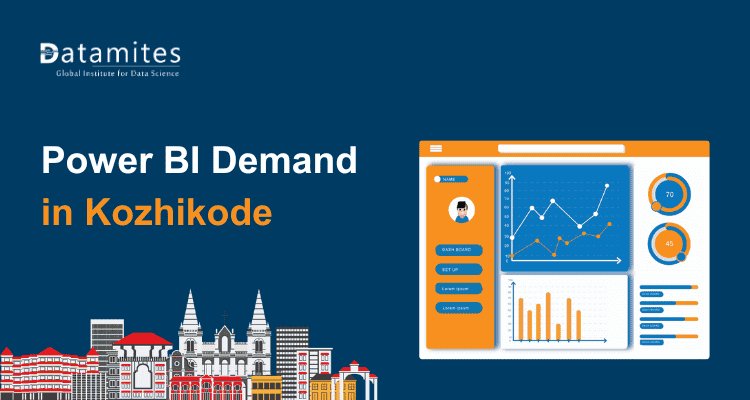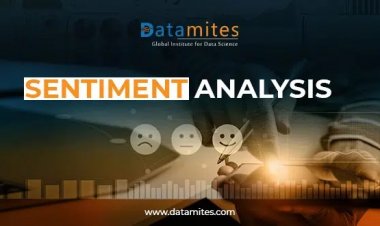Data Analytics in Healthcare Sector
Data analytics in healthcare sector involves using data-driven insights to improve patient care, optimize hospital operations, and reduce costs. By applying various techniques such as predictive analytics in healthcare, descriptive, and real-time analytics, healthcare analytics providers can make informed decisions and enhance treatment outcomes. This approach leads to more efficient care and better overall health system performance.
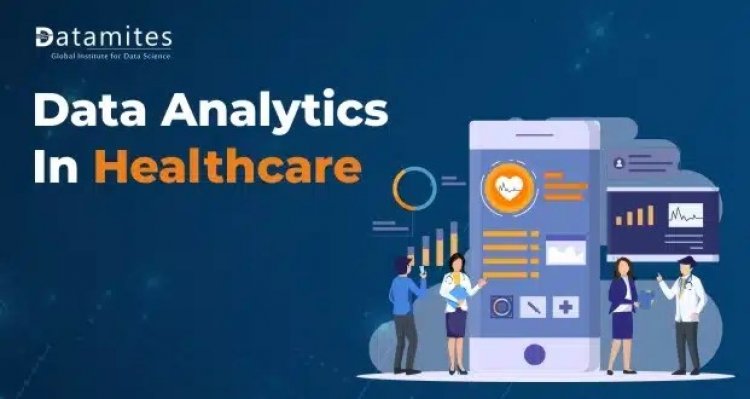
Data Analytics is a process of extracting raw data by using computer systems. Data analytics uses large volumes of data and identifies different patterns to conclude from the information. Advanced technology has brought the need for data analytics to its peak and has grown its intense value in the business market. The use of data analytics in healthcare industries helps in detecting anomalies in scans, growing practitioners, and forecasting outbreaks in illness.
With the assistance of the data analytics process, the healthcare organization can boost its value by maintaining business intelligence.
According to the Altair report, Data analytics in healthcare reduces complex problems through solid approaches to reimbursement processing, interoperability, revenue cycle management, and physician performance analysis.
The key challenges of data analytics in the healthcare industry are assembling precise data, improved patient care, 24*7 healthcare services, better document processing, and analysis, etc. to grow the quality of healthcare industries by processing informed data through the assistance of data analytics.
What are the roles of data analytics in healthcare industries?
Data analytics in healthcare industries improves the quality of healthcare organizations by improving patient outcomes. It gives rise to the tremendous amount of raw data that implies a change in the business markets. The use of data analytics highly collaborates with the innovation for healthcare industries to impact data management.
Data analytics use major tools in the healthcare industry to bring maintained services for patients and suggest innovative ideas to achieve healthcare objectives. In every way, data analytics in healthcare is highly applied to improve the quality of management. It improvises the facility given to patients and data records are stocked to enhance clinical care.
Data analytics in healthcare has increased its value in the market and is estimated to reach USD 85.9 billion by the year 2027 from USD 27.4 billion in 2022 according to the MarketsandMarkets report.
Data Analytics in healthcare industries is concerned with its transformation and tries to bring a holistic approach into personalized healthcare organizations. Let’s explore the role of data analytics in healthcare industries briefly:
1. Population Health Management: The improved and enhanced technology has risen data analytics to the next level and derived development for population health management. Data Analytics comprehends machine learning, artificial intelligence, deep learning, etc to deliver the right treatment to healthcare patients. Data analytics identifies risk patterns and tries to stabilize the patient at an early stage. With the record of informational data, it helps in lowering treatment costs and reducing the risk of life.
2. Health Tracking: The use of data analytics in healthcare is essential because it tracks the health risks of patients before they turn into persistent illnesses. With the help of data analytics, it will track down all the data records and analyze the predicted risk of the disease. The healthcare tracking system offers better services to its patient and organizes important statistics. It also helps patients to reduce the chance of getting chronic illness by giving the patients the right care at the right time.
3. Evaluating practitioners: Data analytics in healthcare industries performs to analyze the medical practitioner to improve their areas. With the use of data analytics, reports of the patient are recorded and it increases the safety of the patients and increases the physician’s empathy. Data helps to analyze the experience of patients through medical practitioners which later improves the care towards patient care.
4. Forecasting outbreaks: Data analytics in healthcare industries tries to predict the running trend of diseases to slow down their process. Data analytics helps in controlling the expansion of disease outbreak and with the help of data, it also predict the outbreak of the next disease. Data collect all the information on the upcoming diseases and relevantly help to make decisions based on disease forecast outbreaks. The analysis of data can ensure enabling protective equipment before any severity happens.
5. Preventive measure/care: Preventive measures are bound to be taken in healthcare industries to bring sensuousness to clinics or hospitals. Data analytics identifies the risk factor to suspect the condition of the disease in the patient. It analyzes risks and brings expert solutions to take preventive steps to cure diseases. It is highly used to predict the risk and stable the patient’s illness before it turns major.
Refer to these articles:
- Data Analytics for the E-commerce Sector
- Data Analytics in Logistics
- Data Analytics in Retail Industries
What are the benefits of data analytics in healthcare industries?
The benefits of data analytics in healthcare industries include:
- Improved research efforts– With the help of data analytics, healthcare industries are able to bring out the essential data to enhance research efforts. By applying techniques and tools of personal health records, electronic health records, public health records, etc. Data analytics helps to extract data from healthcare industries and improve the efficiency of entire healthcare surroundings.
- Maintain operational insights- Data analytics in healthcare industries benefit most relevant areas of healthcare emergency by preparing charts, finance management, administrative maintenance, etc. With the help of maintained operational insights, it boosts the rate of hospitality and sustains the result of healthcare procedures. Data analytics tools enhance healthcare organizations by reducing waste and using cost-effective technology.
- Improved Staffing- Technology has introduced data analytics to be used to improve staffing in the healthcare industry. It’s used in the hiring process, retaining, and training purposes to maintain the generous and dedicated healthcare workers in the industries. It maintains the high balance between efficiency and cost-cutting that can be achieved by the use of data analytics tools. It also ensures the quality care of the patient which is the priority in the healthcare industry.
- Practices health outcomes- The major benefit of data analytics is to obtain information about the patient to understand the clinical complex. With the help of data, it develops the approach to enhance the healthcare process and structures. Data analytics tools extract the data of the patient to help them reduce blood sugar levels, temperature, blood test results, etc. It highly manages the healthcare industry through its relevant data and manages the health outcomes.
- Wise strategic planning- Better insights provide better care and in regard to this data analytics performs to evaluate better strategic planning. Data analytics tries to target medical services to reduce problematic areas. It provides care units to reduce the medical issues of the patient and create demographics to define certain treatments through health data insights.
Refer to the articles:
- Essential Technical vs Non-Technical Skills for Data Analysts
- Top Industries Hiring Data Analysts in 2025
- Future of Data Analytics: What Skills Will Matter by 2030
Case studies in healthcare analytics
1. Predictive Modeling: Reducing Patient Readmissions
2. AI and ML Models in the CardiacAI Project
3. Real-Time healthcare analytics in Intensive Care Units
4. Advanced NLP-Driven Modeling for Population Health Risk Stratification
5. Prescriptive Analytics Modeling in Cancer Treatment
What is the future of data analytics in healthcare industries?
With the emergence of new technologies, Data analytics have brought several changes in the healthcare society. Modern technology like artificial intelligence, machine learning, deep learning, DevOps, etc has taken major steps to track the schedule of the healthcare sector and enhance its facilities. With the right decision-making, it can diagnose the patient to understand his or her clinical problems. Technology is so advanced that with the use of data analytics tools, it can track the backup of a data-driven approach to understand healthcare methods and precautions.
The future of data analytics in healthcare industries depends on raw information and health data which leverage the patient to live a healthier life. Data analytics employs healthcare techniques such as data mining, predictive modeling, machine learning, artificial intelligence, etc. It analysis certain data regarding healthcare and predicts its future.
Data analytics tools are striving highly in the market and so does the demand for data analysts in healthcare industries. The average salary of a Health care data analyst in India is Rs 3 LPA to Rs 7LPA, according to the Ambition Box record.
Data Analytics is the modern technology that manages and brings stability to the healthcare industries. The use of data analytics in the healthcare industry is to bring better management by decoding complex data. With the right data, it improves the structure of the healthcare sector and brings enhancement in terms of patient care units, daily services, nursing services, potential coordination, prevention, measurement, etc.
Enrolling in a Data Analyst course in Bangalore and prominent Indian cities such as Chennai, Pune, Hyderabad, Ahmedabad, Coimbatore, Delhi, Jaipur, and Mumbai offers unparalleled industry exposure, robust networking opportunities, and significant career growth. These metropolitan areas provide a dynamic ecosystem ideal for aspiring professionals in data analysis and software development.
DataMites Institute has established itself as a leading provider of quality education in Data Science, Python Programming, Data Analytics, Machine Learning, and Artificial Intelligence. Learners benefit from flexible learning modes, offering both online and offline classroom training options to accommodate diverse schedules and preferences.
DataMites is a professional and global training institute that provides training on trending courses like data analytics, artificial intelligence, machine learning, data science, and python. All the courses of DataMites are accredited byIABAC which provides global certification to the students after the completion of training. The students get assisted with job placement and study materials to clearly understand the domain. The students are trained by lead experts and handle case studies, one capstone project, and mock tests.
DataMites offers Data Analyst courses in Pune but also across major cities including Chennai, Hyderabad, Bangalore, Ahmedabad, Jaipur, Coimbatore, Delhi, and Mumbai, providing accessible and flexible learning options for aspiring professionals throughout India.
What is HR analytics?
Certified Data Analyst Course

